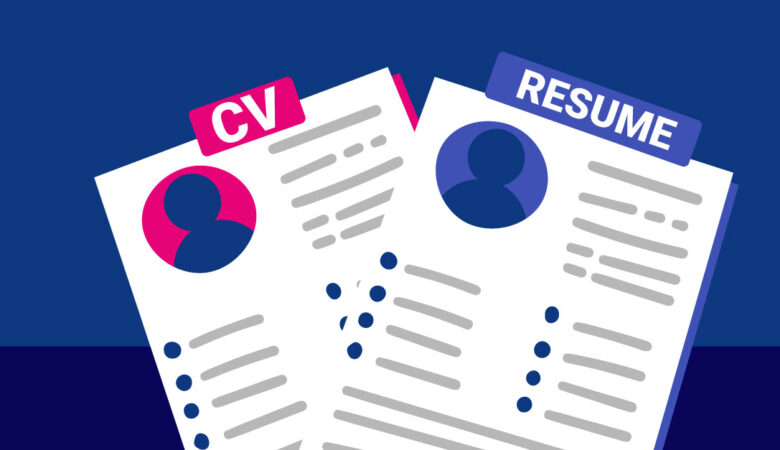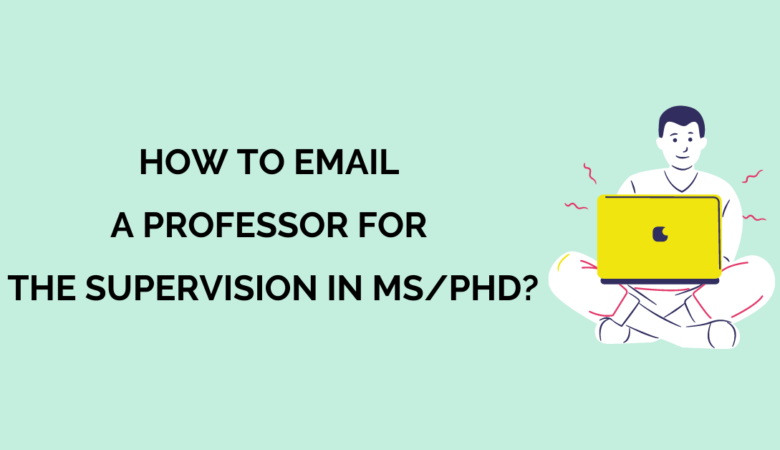Studying abroad is a great way to broaden your horizons, learn about new cultures, and gain a unique educational experience. However, the process of preparing for a study abroad program can be overwhelming. There are so many things to consider and remember. To help ease the stress, we have created the ultimate study abroad checklist to ensure that you are fully prepared for your adventure.
To-Do list For Study Abroad
Research your destination and program: Start by researching the country where you will be studying and the specific program you will be enrolled in. Learn about the culture, customs, and language to better prepare yourself for your experience.
Apply for your passport: If you do not already have a passport, you will need to apply for one. This process can take several weeks, so be sure to apply well in advance of your departure date.
Apply for your visa: Depending on your destination, you may need to apply for a visa to enter the country. Be sure to research the specific requirements for your destination and apply as early as possible.
Check your finances: Studying abroad can be expensive, so it’s important to carefully plan your finances. Research the cost of living in your destination country, including the cost of housing, food, transportation, and other expenses. Also, look for scholarships or other funding opportunities that may be available to you.
Purchase travel insurance: Travel insurance can help protect you in case of medical emergencies, trip cancellations, or other unforeseen circumstances. Be sure to research your options and purchase a policy that provides adequate coverage for your needs.
Also Check: How Much Does It Cost To Study Abroad?
Book your flights and transportation: Once you have your passport and visa, it’s time to book your flights and any other transportation you may need while abroad. Consider the time of year and any travel restrictions that may be in place.
Arrange for housing: Depending on your program, the housing may be provided or you may need to arrange it yourself. If you need to find your own housing, research your options carefully and consider factors such as location, cost, and safety.
Pack smart: When packing for your trip, consider the climate and cultural norms of your destination, as well as the activities you will be participating in. Be sure to pack any necessary medications, important documents, and other essentials.
Attend pre-departure orientation: Many study abroad programs offer pre-departure orientation sessions to help you prepare for your experience. Attend these sessions to learn about safety, health, and cultural adjustment.
Prepare for culture shock: Studying abroad can be a culture shock, so it’s important to prepare yourself mentally and emotionally. Learn about the culture and customs of your destination, and be open to new experiences and ways of thinking.
Stay connected with loved ones: Set up regular communication channels with friends and family back home and share your experiences with them. This can help you feel connected and supported during your adventure.
Research your destination
The first step to preparing for your study abroad program is to research your destination. Learn about the country’s culture, language, climate, and customs. Find out about the local transportation, currency, and cost of living. This information will help you to prepare for your trip and make the most of your experience.
Apply for a passport
If you don’t already have a passport, now is the time to apply for one. It can take several weeks to process your application, so be sure to apply well in advance of your departure date. You will also need to check the expiration date on your passport. Many countries require that your passport be valid for at least six months beyond your return date.
Apply for a visa
Depending on your destination, you may need a visa to enter the country. The requirements and application process for a visa can vary widely, so be sure to research the specific requirements for your destination. You should also start the visa application process as early as possible, as it can take several weeks or even months to process.
Plan your finances
Studying abroad can be expensive, so it’s important to plan your finances carefully. Start by researching the cost of living in your destination country, including the cost of housing, food, transportation, and other expenses. You should also research scholarships and other funding opportunities that may be available to you.
Purchase travel insurance
Travel insurance is essential for any trip abroad, as it can help protect you in case of medical emergencies, trip cancellations, or other unforeseen circumstances. Be sure to research your options and purchase a policy that provides adequate coverage for your needs.
Also Check: How To Apply And Get an Internship At Microsoft
Book your flights
Once you have your passport and visa, it’s time to book your flights. Be sure to research your options carefully and compare prices to get the best deal. You should also consider the time of year and any travel restrictions that may be in place.
Arrange for housing
Depending on your program, housing may be provided or you may need to arrange it yourself. If you need to find your own housing, be sure to research your options carefully and consider factors such as location, cost, and safety.
Pack smart
When packing for your trip, it’s important to pack smart. Consider the climate and cultural norms of your destination, as well as the activities you will be participating in. Be sure to also pack any necessary medications, important documents, and other essentials.
Prepare for culture shock
Studying abroad can be a culture shock, so it’s important to prepare yourself mentally and emotionally. Learn about the culture and customs of your destination, and be open to new experiences and ways of thinking.
Stay connected
Finally, it’s important to stay connected with friends and family back home while you are abroad. Set up regular communication channels and share your experiences with loved ones. This can help you feel connected and supported during your adventure.
Also Check: How To Write an Impressive Email To Professor For the Supervision in MS/PhD
Required Document For Study Abroad
| Document | Description |
|---|---|
| Passport | A valid passport is required for international travel. |
| Visa | Depending on the destination country, a visa may be required. |
| Acceptance letter | A letter from the school or program indicating your acceptance. |
| Academic transcripts | Official transcripts from your current or previous schools. |
| Language proficiency scores | Test scores (such as TOEFL or IELTS) demonstrating language proficiency. |
| Health records | Proof of vaccination or other health records as required by the destination country. |
| Financial documents | Documentation of your ability to pay for tuition and living expenses while abroad, such as bank statements or scholarship letters. |
| Travel Insurance | Proof of travel insurance, which may be required by the program or the destination country. |
| Housing information | Information about your housing arrangements, such as a lease agreement or confirmation from the program. |
| Emergency contact information | Contact information for someone to reach in case of an emergency. |
Be sure to carefully research the requirements for your specific program and destination, as additional documents may be required. It’s also important to keep these documents organized and easily accessible, as you may need to present them multiple times throughout the application process.
Also Check: Resumes vs. CVs: What’s the Difference and Which One Should You Use?
Packing Essentials Item For Study Abroad
| Item | Description |
|---|---|
| Passport and visa | Make sure to keep your passport and visa in a secure and easily accessible place. |
| Money and credit cards | Bring enough cash and a credit card for emergencies, but be careful not to carry too much. |
| Power adapter | Check the voltage and plug type of your destination and bring a power adapter if needed. |
| Technology | Bring your laptop, phone, and any other necessary electronics. Don’t forget chargers and accessories. |
| Clothing and shoes | Pack clothing appropriate for the climate and cultural norms of your destination, as well as comfortable walking shoes. |
| Toiletries | Bring necessary toiletries, such as toothbrush, toothpaste, shampoo, and soap. Consider buying some items upon arrival to save space. |
| Medications | Pack any necessary medications and copies of your prescriptions. |
| Important documents | Bring copies of important documents, such as your acceptance letter and health records, in case of emergency. |
| Travel guide or map | A travel guide or map can help you navigate your new surroundings and plan your adventures. |
| Comfort items | Consider bringing a familiar item, such as a favorite book or photo, to help you feel at home. |
It’s important to pack lightly and efficiently, as you may have limited space and may need to carry your belongings around with you. Consider packing versatile clothing items that can be mixed and matched, and leave unnecessary items behind. Also, be sure to check any baggage restrictions for your airline and consider purchasing travel insurance to protect your belongings in case of loss or theft.
In conclusion, studying abroad can be an incredible experience, but it requires careful planning and preparation. By following this ultimate study abroad checklist, you can ensure that you are fully prepared for your adventure and can make the most of your experience. Good luck and have a great trip!
Please Subscribe to Our Telegram Channel And WhatsApp Channel To Get The Latest Scholarship Updates.
Please Check Out Our LinkedIn Company Page And LinkedIn Group And Get All the Latest Scholarships Updates.
Also Check: Study in France: Scholarship, Low Tuition Universities, Study Visa Requirement







yah. it’s good to exchange knowledge and experience. because education is bout upgrading experience and learn new thing.